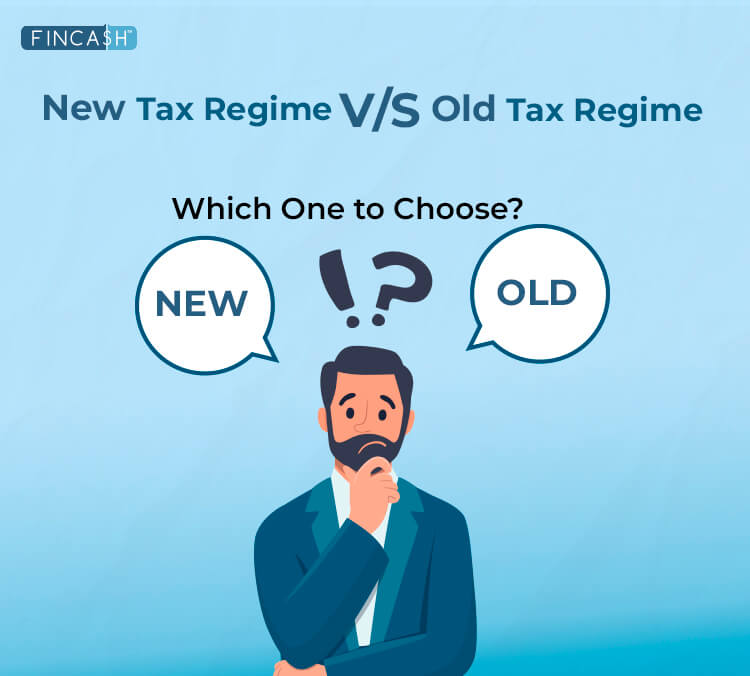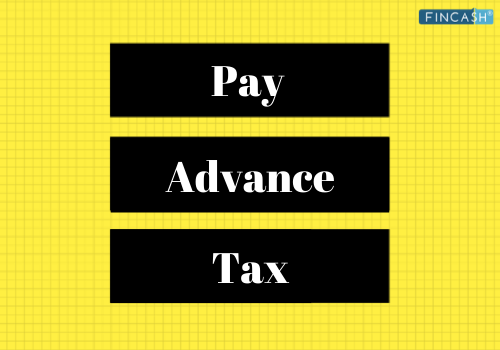Tax Haven Meaning
A tax haven country can be referred to as the one that mostly offshore and serves to provide foreign businesses or individuals with minimal or no tax liability in an economically and politically static environment. Tax haven is also known to share no or limited financial information with the tax authorities of the foreign country. They are not known to require business or residency presence for businesses or individuals to benefit from the respective tax policies.

In some typical cases, international locations can also be regarded as tax havens in case they tend to feature special laws. For instance, in the United States of America, places like South Dakota, Florida, Alaska, Texas, Nevada, Washington, New Hampshire, Wyoming, and Tennessee are not known to require state income tax.
How do Tax Havens Work?
Tax havens that are offshore-based take advantage from the capital that the respective country might be drawing into the economy. Funds are known to flow in from businesses and individuals with the help of setting up of accounts at financial institutions, banks, and other vehicles of investment. Corporations and individuals can possible leverage the benefits of no to low taxes that get charged on the respective income in offshore countries. In such countries, credits, loopholes, and other types of tax considerations might be allowed. Some of the most famous countries in the world that serve to be tax havens for businesses & individuals all around the world are the Bermuda, Andorra, the Bahamas, Mauritius, the Cook Islands, the Cayman Islands, the British Virgin Islands, Belize, the Isle of Man, the Channel Islands, St. Kitts, Nevis, Monaco, Panama, and Lichtenstein.
Across the world, there is the absence of any defined standard comprehensively for classifying the country serving as the tax haven. However, there is the presence of specific regulatory bodies that are known to monitor the countries serving as tax havens. Some of these bodies are the United States Government Accountability Office and the Organization of Economic Cooperation & Development OECD. Some of the specific characteristics of the countries serving as tax havens are generally known to include the presence of low or no income taxes, lack of transparent obligations, minimized information reporting, absence of local presence specifications, marketing of vehicles in tax havens, and so more.
Talk to our investment specialist
Features of Tax Havens
Organization for Economic Cooperation and Development (OECD) provides several criteria for identifying tax haven nations or countries, including -
Exceptionally Low Tax Rates: It offers or levies little taxes on earnings produced inside their jurisdiction; this varies by country. However, there is a small fee for the services they provide.
Information Secrecy: The other most significant quality of tax havens is that they secure their client's personal and financial information with great credibility. No information is shared with other tax authorities without the client's authorisation.
Inadequate Transparency: The most serious issue with offshore financial centres is their opaque structure. National governments are not even given financial information. As a result, the system is abused for tax evasion and other criminal activities, such as money laundering.
No Significant Activities Required: Tax haven states do not compel outside firms to manufacture goods or provide services within their borders. Entities can avoid having their earnings and wealth generated in tax-paying countries taxed under their jurisdiction by simply establishing their head offices or transferring significant financial transactions to subsidiaries or shell companies in such havens.
Criteria for Tax Havens
OECD set up a set of criteria in 1998 to identify tax havens. Here are some of the most common factors:
- No or little taxation on the relevant income
- Lack of effective information exchange
- Lack of transparency
- No significant activities
How Tax Havens Help Governments make Money?
Tax havens are not entirely free of taxes. Here's how they make money:
- While they levy lesser taxes than other countries, low-tax jurisdictions typically levy hefty customs or import tariffs to compensate for lost tax revenues.
- Tax havens may levy a cost for new company registration and annual renewal fees. Additional fees, like license fees, may be levied as well. These fees would amount to a recurring fixed income for tax havens.
- The country may earn significantly more in tax revenues by luring foreign individuals or firms, even if they are only charged a minimal tax rate. Furthermore, the government may profit from corporate investments in business operations that provide jobs to its citizens.
Benefits of Tax Havens
The following are some of the key benefits of Tax Havens:
- It offers the potential to businesses to save money and pay less taxes.
- Saving taxes is both logical and lawful. The investment is safe because there are no tax repercussions in the country, which is regarded as a Tax Haven.
- Tax Havens also benefit the economy tremendously since they encourage fresh investment, which benefits the entire country.
- They initiate the development of both an individual and a nation.
- Businessmen are encouraged to invest because there are no Capital Gains taxes.
Drawbacks of Tax Havens
Tax havens, like any other, have various disadvantages, which are listed below:
- Tax havens may encourage unlawful activities.
- They can be highly beneficial, but they can also extract an expansion coefficient from inhabitants by imposing a higher import duty on imported items.
- Tax havens may help significant firms, but they are virtually always beneficial to the general public.
- The parties might be vulnerable to betrayal because the Tax Havens process is opaque.
- Tax Haven business transactions are frequently made up and may deceive the other party.
What Motivates a Country or State to Become a Tax Haven?
Tax havens profit significantly from fees paid by individuals and businesses who establish and use shell corporations. Lawyers, accountants, and secretaries are also employed in tax havens.
'Shell' Company
A shell company is a legal entity established in a tax haven. Shell corporations usually exist solely on paper, with no full-time staff or physical location. Although the rules vary, the true proprietors of many shells are not disclosed in incorporation forms.
Global Initiatives to Combat Tax Avoidance
The international community has taken action to address the issue of tax havens in response to its growing awareness of the negative impacts of tax evasion and profit shifting. To remedy the gaps and inconsistencies in the tax code that permit aggressive Tax Planning, initiatives like the Base Erosion and Profit Shifting (BEPS) project of the OECD have been launched. Additionally, several nations have tightened their legal frameworks to combat tax evasion and demand greater transparency, including policies like automatic financial information exchange and country-by-country reporting.
Regulatory Pressure
The entire income amount that is earned by the businesses and individuals in most countries remain subject to proper taxation. There could be some credits, exemptions, and special conditions that could apply for some foreign investments. The act of offshore Investing creates abundant opportunities for carrying out a wide range of illegal activities. This is the reason why there is a great amount of regulatory oversight. For maximizing tax receipts, most of the foreign governments are known to maintain constant pressure on the respective tax havens for releasing information with respect to accounts linked to offshore investment.
Future Prognosis
Significant progress has been done in recent years in the ongoing battle against tax evasion and aggressive tax planning. The openness and accountability of financial systems worldwide have been improved by tighter rules, increasing global tax authority collaboration, and technological advancements in information exchange. Further work is still needed to establish a level playing field and stop the ongoing use of tax havens for criminal activities.
Conclusion
There are several implications of Tax Havens and its existence. One perspective is that nations having no or low taxes exert pressure on other nations to keep their tax rates lower as well. Even though tax havens offer immediate benefits for taxpayers, the long-term harm caused to the global economy via illicit actions rising from it outweighs the advantages. As seen by the measures taken against tax evaders in several countries, taxpayers should exercise prudence.
All efforts have been made to ensure the information provided here is accurate. However, no guarantees are made regarding correctness of data. Please verify with scheme information document before making any investment.












